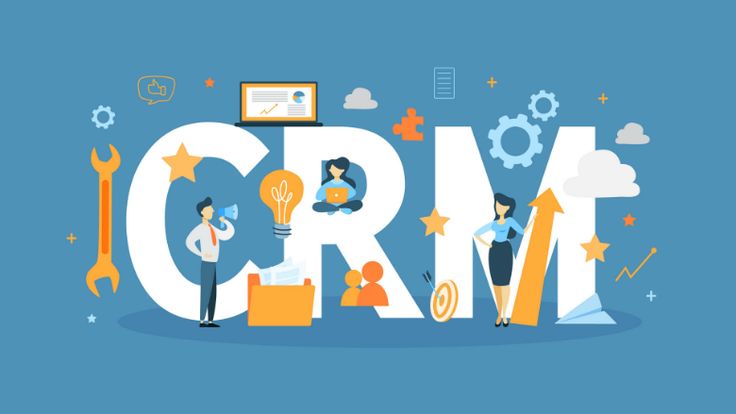
In today’s digitally-driven world, selecting the right Customer Relationship Management (CRM) software is crucial for businesses looking to optimize their customer interactions, streamline processes, and drive growth. With a myriad of options available in the market, choosing the right CRM software can seem like a daunting task. However, with careful consideration and evaluation, businesses can find the perfect CRM solution that aligns with their unique needs and goals. In this comprehensive guide, we’ll explore the key factors to consider when selecting CRM software to ensure a successful implementation and maximum return on investment.
- Define Your Objectives and Requirements:
Before embarking on the search for CRM software, it’s essential to clearly define your objectives and requirements. Determine the specific goals you want to achieve with CRM, whether it’s improving customer engagement, increasing sales productivity, or enhancing marketing effectiveness. Identify the key features and functionalities you need, such as contact management, lead tracking, marketing automation, and analytics. By understanding your objectives and requirements upfront, you can narrow down your options and focus on solutions that best meet your needs. - Assess Scalability and Flexibility:
As your business grows and evolves, your CRM needs may change. It’s important to choose a CRM software that is scalable and flexible enough to accommodate your future growth and adapt to evolving requirements. Consider factors such as the number of users, data storage capacity, customization options, and integration capabilities. A scalable CRM solution will allow you to expand your usage as your business grows without the need for costly migrations or upgrades. - Evaluate User Interface and Ease of Use:
User adoption is critical for the success of any CRM implementation. Choose a CRM software with an intuitive user interface and user-friendly design that makes it easy for your team to navigate and use effectively. Look for features such as customizable dashboards, drag-and-drop functionality, and mobile optimization that enhance usability and productivity. Additionally, consider the availability of training resources, customer support, and ongoing updates to ensure a smooth user experience. - Consider Integration Capabilities:
In today’s interconnected business environment, integration with other systems and tools is essential for seamless operations and data consistency. Evaluate the integration capabilities of CRM software with other business applications such as email marketing platforms, accounting software, e-commerce platforms, and customer support systems. Look for CRM solutions that offer pre-built integrations, APIs, and third-party app marketplace to streamline data exchange and workflow automation. - Assess Security and Compliance:
Protecting sensitive customer data is paramount for businesses of all sizes. When choosing CRM software, prioritize security features and compliance with data protection regulations such as GDPR, HIPAA, and CCPA. Look for CRM solutions that offer robust security measures such as data encryption, access controls, audit trails, and regular security updates. Additionally, consider whether the CRM software offers cloud-based or on-premises deployment options based on your security requirements and preferences. - Evaluate Pricing and Total Cost of Ownership:
Cost is an important factor to consider when choosing CRM software, but it’s essential to look beyond the initial price tag and consider the total cost of ownership (TCO) over the long term. Evaluate pricing models such as subscription-based pricing, per-user pricing, or tiered pricing based on usage. Consider additional costs such as implementation, customization, training, support, and ongoing maintenance. Compare pricing plans from multiple vendors and calculate the TCO to ensure that the CRM software aligns with your budget and provides value for money. - Seek Reviews and Recommendations:
Finally, leverage reviews, testimonials, and recommendations from industry peers, colleagues, and trusted sources to inform your decision. Look for CRM software vendors with a proven track record of success, positive customer feedback, and high satisfaction ratings. Participate in demos, trials, and free consultations to get a firsthand experience of the CRM software and assess its suitability for your business needs.
In conclusion, choosing the right CRM software is a strategic decision that requires careful consideration and evaluation of various factors. By defining your objectives, assessing scalability, evaluating user interface, considering integration capabilities, prioritizing security, evaluating pricing, and seeking reviews and recommendations, you can find the perfect CRM solution that empowers your business to build stronger customer relationships, drive growth, and achieve success in today’s competitive marketplace.